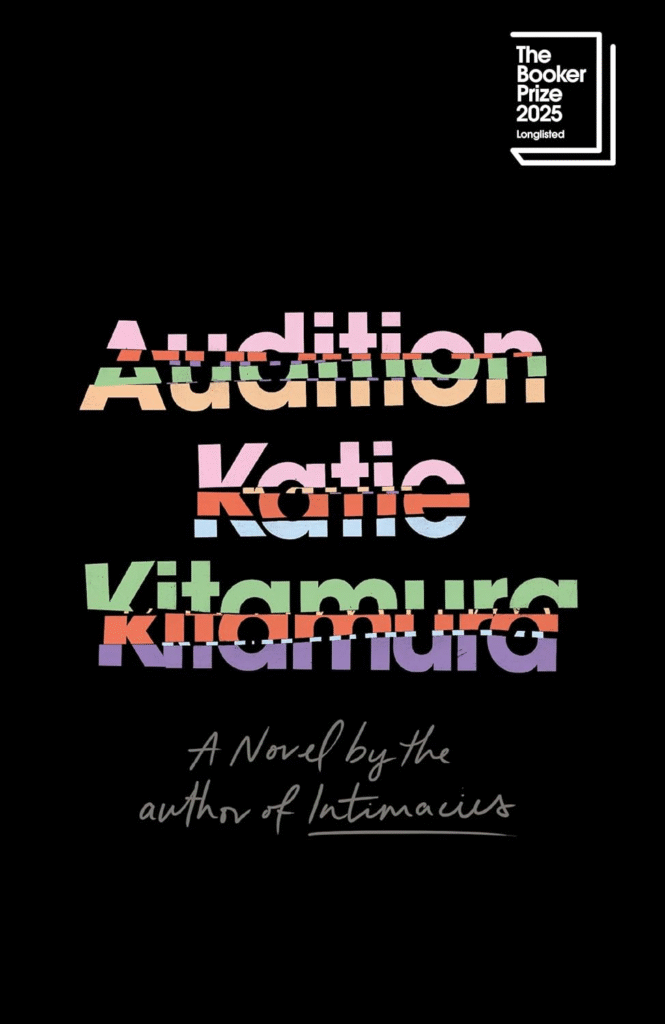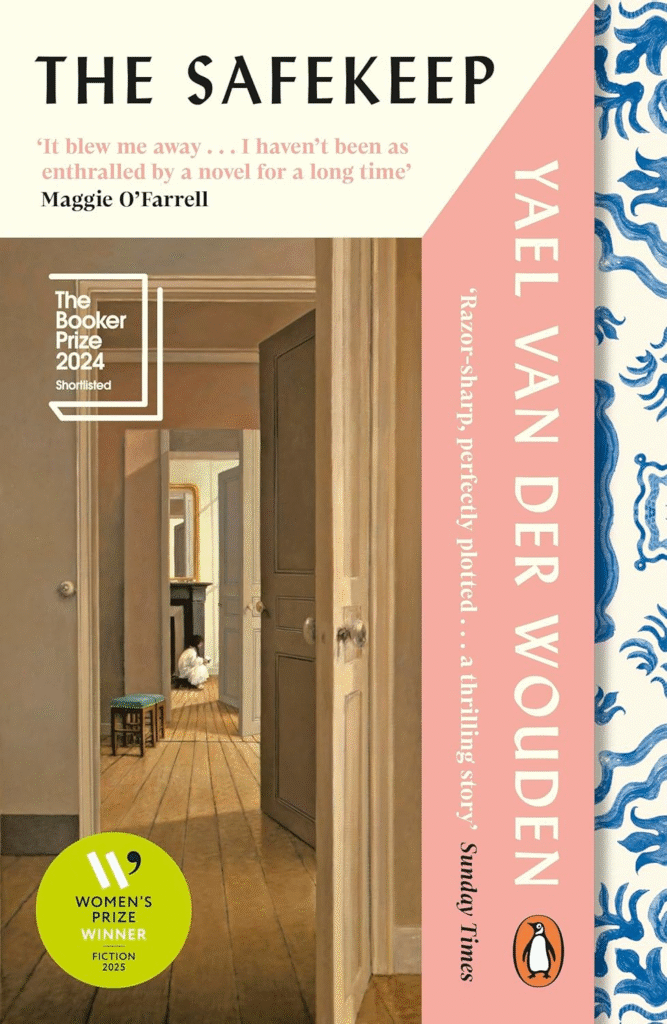A Bold Narrative Tooti Hui Bhikhari Hui
Tooti Hui Bhikhari Hui, released on August 1, 2023, is Manav Kaul’s fourth novel. This 256-page book, published by Hind Yugm, adds to Kaul’s illustrious list of literary works. Known for pushing the boundaries of societal norms, Kaul once again explores the human experience through nuanced storytelling, this time focusing on female (lesbian) queer love. The novel tells the powerful story of two women, Renu and Rajula (lesbian) who discover love on their terms, defying societal expectations and the patriarchal gaze.
Manav Kaul’s reflection, as expressed in the excerpt from his book, reveals his philosophical outlook on life. He speaks about his disdain for the busy routines that dominate many lives. He believed that keeping busy all the time is the “foolishness” of existence. His goal was to live life cleverly, working as little as possible to maintain ample free time. Kaul found peace in moments of doing nothing and feared the idea of spending his days engulfed in work until the end of his life. He emphasizes that he would even resort to dishonesty if he realized his life was consumed solely by work.
This perspective reflects Kaul’s desire for freedom and intentional living, rejecting the idea of being trapped in a monotonous work cycle. He values being at peace, free from the burden of endless tasks, and seeks to avoid the trap of societal pressures to be constantly productive. The passage is a personal critique of the modern, work-centric lifestyle and a call to live more mindfully.
Tooti Hui Bhikhari Hui Defying Stereotypes
The novel Tooti Hui Bhikhari Hui beautifully opens the lives of many women, who must try their ways in the society that tries to box them into predefined roles. Kaul delves into the struggles they face due to their sexual orientation, capturing the emotional complexity of their journey in a way that bons deeply with readers. Tooti Hui Bhikhari Hui is not merely a love story, but a challenge to societal conventions, inviting readers to question norms around gender, sexuality, and identity.
Tooti Hui Bhikhari Hui by Manav Kaul is highly appreciated for its emotional depth and the way it captures human experiences and fragility.
Themes of Tooti Hui Bhikhari Hui
- Human Emotions and Vulnerability: The novel explores delicate aspects of human emotions, often touching on loneliness, despair, and the fragmented state of being. The title itself, Tooti Hui Bhikhari Hui (Broken, Scattered), symbolizes the fractured human spirit, which is a recurring theme in the stories.
- Self-Discovery and Reflection: Several stories dig into self-reflection and personal journeys, as characters confront societal norms and their own identities. Manav Kaul delves into the lives of two women, Renu and Rajula, who explore the complexities of love and identity within a conservative society. Their relationship unfolds amidst societal expectations and personal desires, offering readers a nuanced perspective on LGBTQ+ experiences in India. The narrative challenges traditional norms and highlights the protagonists’ journey towards self-acceptance and mutual understanding.
- Societal Expectations and Rebellion: A critical theme in the book is how characters react to or resist societal pressures. Many reviews point out the feminist undertones in the stories, with women often portrayed as rebelling against patriarchal expectations to seek their own paths.
- Love and Loss: Love is depicted in various forms romantic, familial, and platonic often combined with loss and longing. Kaul’s portrayal of relationships is nuanced and layered with emotional complexities.
- Psychological Exploration: The narrative often delves into the psychological world of its characters, portraying internal conflicts, dilemmas, and existential anguish.
- Despair and Shared Loneliness: The first passage touches upon the idea of defeat and shared misery, with the narrator living in a place where rent is low and “many defeated souls” reside. This reflects how physical spaces often become havens for those who have lost their way, symbolizing their internal struggles and alienation from society. It speaks to the theme of isolation and how people experiencing defeat or personal crisis are drawn together by their common sense of hopelessness.
- Marriage, Love, and Duty: The second passage explores the complexities of love and marriage in a traditional setting, where people discover their true desires only after tying the knot. Even when they realize their heart belongs to someone else, they return to their spouses. This underscores the theme of sacrifice and societal duty over personal happiness. The narrative suggests that individuals are often bound by societal norms and expectations, which can overpower their authentic desires.
- Sexual Violence within Marriage: The third passage presents a harrowing and painful theme, addressing the trauma of sexual violence within a marriage. The narrator’s realization that their father may have forced their mother into intimacy, which resulted in their birth, speaks to the trauma of rape within marriage and the impact of forced submission. This stark portrayal emphasizes the long-lasting emotional scars on both the victim and their offspring, portraying the weight of trauma that exceeds generations.
- Existential Plea for Recognition: The final passage, referencing The Well of Loneliness, speaks to the theme of existential despair and a plea for recognition. The cry for acknowledgment from God and the world is a plea for the right to exist, to be seen and heard. It touches on the theme of identity and societal marginalization, urging for the recognition of those who feel invisible in the world.
These passages show how Manav Kaul’s writing delves into the darker, more complex areas of human experience, from the weight of societal expectations to personal trauma. His stories are not for the faint-hearted, as they require readers to confront uncomfortable truths. When entering into the world of his characters, one must be ready to leave aside preconceived notions and engage with the raw realities that shape their lives.
Reader’s Experience from Reading Tooti Hui Bhikhari Hui
- Emotional Impact: Readers frequently mention being emotionally moved by the stories. Many relate to the characters’ struggles and the themes of vulnerability and existential contemplation.
- Literary Style: Kaul’s poetic writing style receives a lot of praise. Readers appreciate his ability to weave deep emotions into simple, lyrical prose. His narrative has been described as “meditative” and “philosophical,” appealing especially to readers who enjoy introspective literature.
- Character Development: Many reviews highlight the relatable and well-developed characters, especially the portrayal of strong female protagonists who challenge societal norms.
- Unique Perspective: Several readers emphasize how the book offers a fresh, unconventional narrative style that breaks away from traditional storytelling.
- Understanding My Mother Through Books: If Indian writers like Premchand or Phanishwar Nath Renu had written about love between two women, I might have understood my mother sooner. To truly understand her, I had to dive into not just Renu’s tales, but also Western works like The Well of Loneliness, After Sappho, and Orlando. Sadly, my mother passed away under the weight of books that held no space for her own story. This reflection highlights the lack of representation in literature and its profound impact on understanding personal identities.
In conclusion, readers perceive “Tooti Hui Bhikhari Hui” as an emotionally echoing work that blends philosophical musings with stories of human fragility, rebellion, and introspection, making it a profound reading experience.
Why You Should Read Tooti Hui Bhikhari Hui
This book stands out in Hindi literature for its bold portrayal of LGBTQ+ themes, something still rare in the genre. Kaul’s poetic prose combined with his sensitive approach to such a significant subject makes this novel a must-read. It serves as a voice for those marginalized by society and brings to the forefront the importance of acceptance and understanding. In Tooti Hui Bhikhari Hui, Manav Kaul explores the complexities of relationships and the idea that intimacy by males is often mistaken for understanding. He reflects on a common male assumption that physical intimacy alone allows them to truly know and connect with a woman, while the deeper nuances of emotional understanding and empathy remain unaddressed. These narrative challenges the belief that closeness through physical relationships equates to genuine affection or insight into a partner’s psyche, highlighting the gaps between perception and reality in emotional intimacy.
Exploring a Lesbian Relationship in Tooti Hui Bhikhari Hui: In Tooti Hui Bhikhari Hui, Manav Kaul tells the story of two women, connected by a deep, often challenging love. Through characters like Renu and Rajula, the narrative dives into the nuances of their relationship, showing both the tender moments and the societal struggles they face. The story is a thoughtful exploration of love, acceptance, and the unique challenges same-sex couples encounter, offering readers a window into the characters’ intimate worlds and emotions.
Characters That Stay with You
The characters in this novel are not just written; they are felt. Renu, Rajula, and the other supporting characters like Yash, Dhun, and Ragini are portrayed with emotional depth. Their struggles and triumphs against societal pressures make the reader reflect on how we perceive love and relationships of lesbian like Renu and Rajula. The complexity of the characters, particularly the introspection that Kaul brings to their stories, adds layers of meaning to this already impactful narrative.
About the Author: Manav Kaul
Manav Kaul is a multifaceted Indian actor, director, and writer known for his diverse contributions to cinema, theatre, and literature. Born in Baramulla, Jammu & Kashmir, on December 19, 1976, Kaul spent his early years in Hoshangabad, Madhya Pradesh. He began his career in theatres and gained recognition as a playwright before transitioning to films.
Manav Kaul, originally a theatre artist and actor, has established himself as a thought-provoking author. His writing often deals with unconventional themes, delving into the psychology of human emotions and relationships. Over the past two decades, Kaul has penned 11 books, including novels, travelogues, and poetry. His earlier works, like Shirt Ka Teesra Button and Antima, have received critical acclaim, but Tooti Hui Bhikhari Hui takes his literary voice to new heights by addressing the struggles of same-sex love with sensitivity and insight.
His film debut came in 2003 with the Hindi fantasy film Jajantaram Mamantaram, and he gained widespread acclaim for his role in Kai Po Che! (2013), where he portrayed a right-wing politician. Kaul has also acted in notable films like Wazir (2016), Tumhari Sulu (2017), Thappad (2020), and Jalsa (2022).
Apart from his acting career, Manav Kaul is a celebrated author. He writes on themes such as isolation, existentialism, and nostalgia. Some of his well-known books include Theek Tumhare Peeche, Prem Kabootar, Bahut Door Kitna Door Hota Hai, and Antima. His recent novel Rooh delves into his journey back to Kashmir, exploring personal and cultural identities. These books are available on platforms like Amazon.
Kaul’s talent in both acting and writing has earned him several awards, including the Filmfare Short Film Award for Phir Kabhi in 2023. He continues to be a prominent figure in Indian cinema and literature.
Tooti Hui Bhikhari Hui: A Book That Stirs the Soul
Tooti Hui Bhikhari Hui is a powerful, poetic exploration of love, identity, and societal expectations from lesbian women’s. It’s a book that will stay with you long after you turn the final page, challenging your thoughts about acceptance and what it means to truly understand another person. Manav Kaul’s eloquent writing, combined with the emotional depth of his characters, makes this novel a standout piece in contemporary Hindi literature.
This is not just a book; it is a statement and a reflection of changing times and the fight for equality in love.




